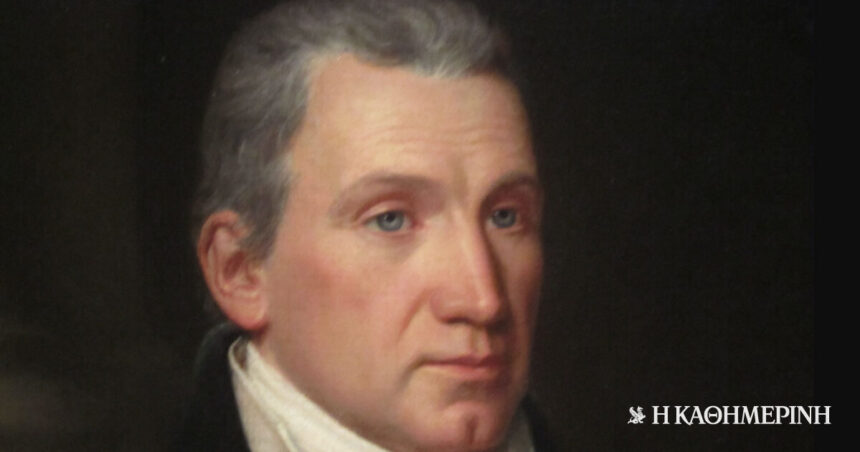The “Monroe Doctrine” is an official foreign policy position whereby the US opposes European colonialism in the Western Hemisphere, arguing that any interference in America’s political affairs by foreign powers is a potentially hostile act against the United States.
The doctrine was actually an outgrowth of concern, not only by the United States, but also by Britain, about a possible restoration effort on the part of the continental powers of Spain’s former colonies in Latin America, many of which had recently become independent nations. . But the Americans – especially at a time when they were still not a great power – were also concerned about Russia’s territorial ambitions on the northwest coast of North America. In these circumstances, George Canning, the British foreign secretary, proposed a joint US-British declaration which prohibited future colonization in Latin America. Monroe was initially favorable to the idea, while former presidents Thomas Jefferson and James Madison agreed. However, the opposite was found by the US Secretary of State, John Quincy Adams, who argued that the United States should proceed with a statement exclusively about American policy. In the end, it was his own opinion that prevailed.
This official US position, which from 1850 onward would be officially called the “Monroe Doctrine”, was articulated as part of President James Monroe’s seventh annual message to Congress on December 2, 1823. However, it would be largely ignored and during the 19th century it had been encroached upon several times. A case in point is the fact that the United States itself did not invoke it, nor did it oppose the British occupation of the Falkland Islands in 1833, or subsequent British incursions into Latin America.
Gradually, however, as the United States would emerge as a world power, and especially after 1870, the “Monroe Doctrine” would be recognized in a larger and larger sphere of influence, and would soon become a watchword of American policy in the Western Hemisphere.
Theodore Roosevelt, in 1904, added the so-called “Roosevelt Conclusion”, according to which in cases of gross and chronic wrongdoing by a Latin American country, the United States could intervene in the internal affairs of that country. Its aim was to prevent the violation of the “Monroe Doctrine” by European countries seeking redress of grievances against unruly or mismanaged Latin American states, as the United Kingdom, Italy and Germany had done in 1902 when they blockaded the coasts of Venezuela, in an attempt to force that country to pay its debts.
From the 1930s, the United States would try to shape its foreign policy in Latin America, in consultation with the individual nations of the hemisphere and the Organization of American States, taking advantage of the new interpretation given to the “doctrine” by lawyers and intellectuals after 1898, according to which he promoted multilateralism and non-intervention.
The doctrine, however, remains “present” for more than two centuries later, with only minor variations. And it is not a few times that many American politicians, as well as several American presidents, have invoked it.
Column Editor: Myrto Katsigera, Vassilis Minakakis, Antigoni-Despina Poimenidou, Athanasios Syroplakis








